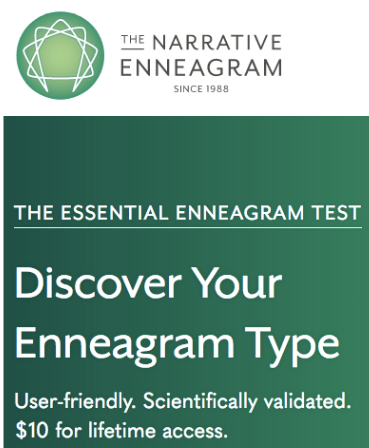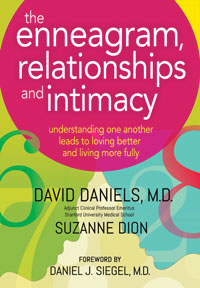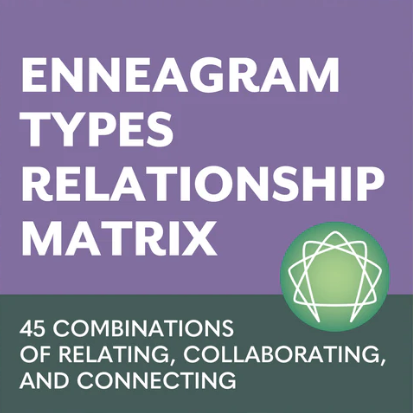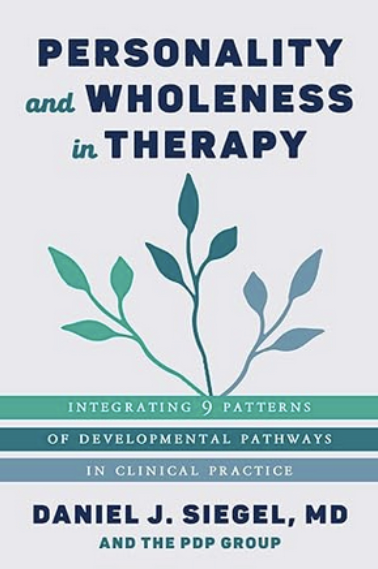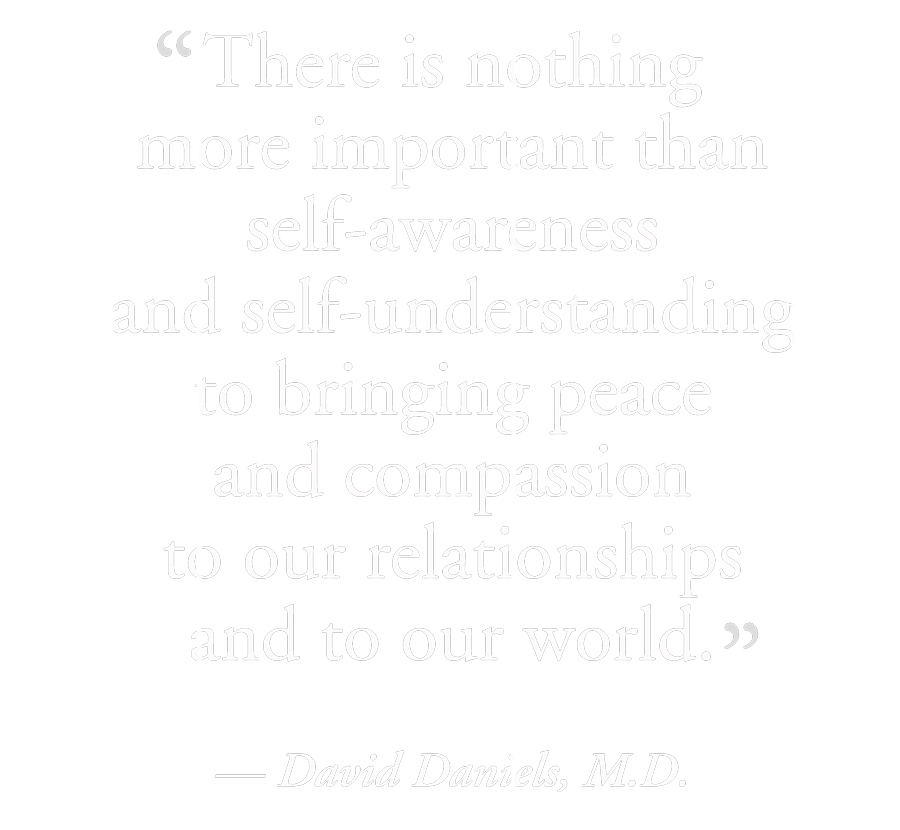My friend and colleague Susan Olesek has founded the amazing “Enneagram Prison Project.” She has overcome all the prejudices and stereotyping of prisoners that they are less human, less flexible, less intelligent, etc. I recently conducted a morning seminar with Susan and a group of inmates in our local county jail facility. What immediately surprised me was the extent of openhearted curiosity. When you are a prisoner it is like there is only one way – up to freedom.
In the early 1980s, before I knew the Enneagram, I originally had a project in a California Youth Authority facility where I was bringing participative management into the staff teams so that their transactional analysis treatment program had a chance of succeeding. And it worked. Youth acting out went down significantly, grade levels went up dramatically, and cooperation between the youth inmates and staff grew enormously. I learned there that these young guys were just youth trying to find a path to a better life and have more self-control. So I’ve welcomed the opportunity to work with and support Susan.
In my meeting with them we focused on the moving Victor Frankl statement,
“Between stimulus and response there is a space. In that space is our power to choose our response. In our response lies our growth and our freedom.”
All of these men needed to deal with their reactivity by become aware and self-observant so that they could work with their upset and reactivity and not just act it out. And so much of our reactivity is rooted in our Enneagram pattern. They really get this and realize this is the path to freedom. Moreover, it is Susan’s care and that of others who relate to these men and women with respect and care.
This past February we had one of the former inmates take our Intensive Training as Susan is developing a cadre of men who can bring this powerful and liberating psychology to other inmates. Here is what former prisoner Elam had to say.
At the intensive 2.0 workshop a flood of emotions began to pour through me. I was surrounded by doctors, psychologists, writers, and other accomplished men and women from all over the world, ranging from Singapore to Holland. Instantly my self-doubt kicked in and I was consumed with inadequacy. Not knowing how I would be received by this community of very talented and successful business men and women, I began to obsess with the thought that I wouldn’t be accepted, and honestly contemplated leaving.
Somehow I conjured up the courage to stay despite my own self-deprecating thoughts, and within seconds I was greeted and introduced to people I had never met, yet they were genuinely interested in me and cared for me. There was something about the way they smiled at me – with understanding in their eyes – and the way they spoke to me with love in their hearts that made me feel something inside that I had never felt before, or maybe I have felt it, but it must have been so long ago that I can’t remember, or identify this feeling. All I knew was that this was a good feeling and I was petrified of losing it, or letting these brilliant people down in any capacity.
A few days into the workshop, David gently came alongside me (as he would in so many ways that week) and let me know that he could see I had a lot of the Enneagram already understood. But, he added, what you need to work on is 2A (the second in his Universal Growth Process: Acceptance). “What, David, you think I’m hard on myself?!” I asked him. He cocked his head to the side and smiled. “Okay, 2A.” I told myself.
As we went through our six days together – a group with so much diversity that we literally represent humanity and all of its walks of life – we didn’t just eat our meals together. We worked and played, laughed and cried together. Despite our social status, regardless of our race or religion, sex or orientation, we became one. Without fear of judgment, we shared our pain, hopes, and dreams. And, with open hearts we helped one another to overcome, endure, and believe in ourselves.
As our last day of the enneagram intensive 2.0 fell upon us we held a closing circle to express our gratitude and were invited to share one gem, or “golden nugget” that each of us had found in our training, something that we will be taking with us on our journeys. After everyone had their turn sharing around the circle, our attention was now on our deeply loved and revered life guide / coach / teacher/ instructor / mentor / guide / father, Dr. David Daniels. As he was blessing us with a few more moments of understanding, he paused and turned towards me and said: “I don’t normally single people out, that’s not what I do, but Elam…”
At that moment, my whole world collapsed, I just knew that I had done something wrong, let somebody down, and failed in some type of way. And here as I write this, as if it is not already apparent enough, (so true to type) I am afraid to quote out of fear of misquoting, but I feel the need to bring this full circle…
When David looked at me, he said that he wanted to acknowledge the work that I have done, and how evident it is how hard I have worked to not allow my past to define me. He told me that he sees me, and that I represent the work of the Enneagram. He went on to add that the Enneagram Community was honored to have me. Everybody in the group began to applaud, and many cried…
In that next moment, I knew what that feeling was what I have been lacking my whole life. Acceptance. 2A – I got it. They accepted me, no matter who I was. Which lead me to realize that the only person who was not accepting me, was me. This was my nugget, my gem. This is what I am taking with me from this training, and into my life.
The remarkable awareness here occupies a universal part of all of us, especially souls labeled criminals. We need to work with the second “A” of acceptance – meaning openhearted kindness toward self first and others – which does not mean we believe the “3Cs” of condoning, capitulating, or concurring with our own or other behavior. It just gives us the space, as Dr. Frankl talks about, to do our work of liberation. Thank you, Elam. Lastly in this training and in my experience, we all need to work with our stereotyping of others ranging from type to criminality.
YOUR THOUGHTS AND EXPERIENCES. So, please respond with your thoughts and experiences. What are your views of criminals? What can the Enneagram bring to these populations? How do you work with the theme of acceptance? What are your comments on the importance of awareness, presence, working with upset and reactivity?

